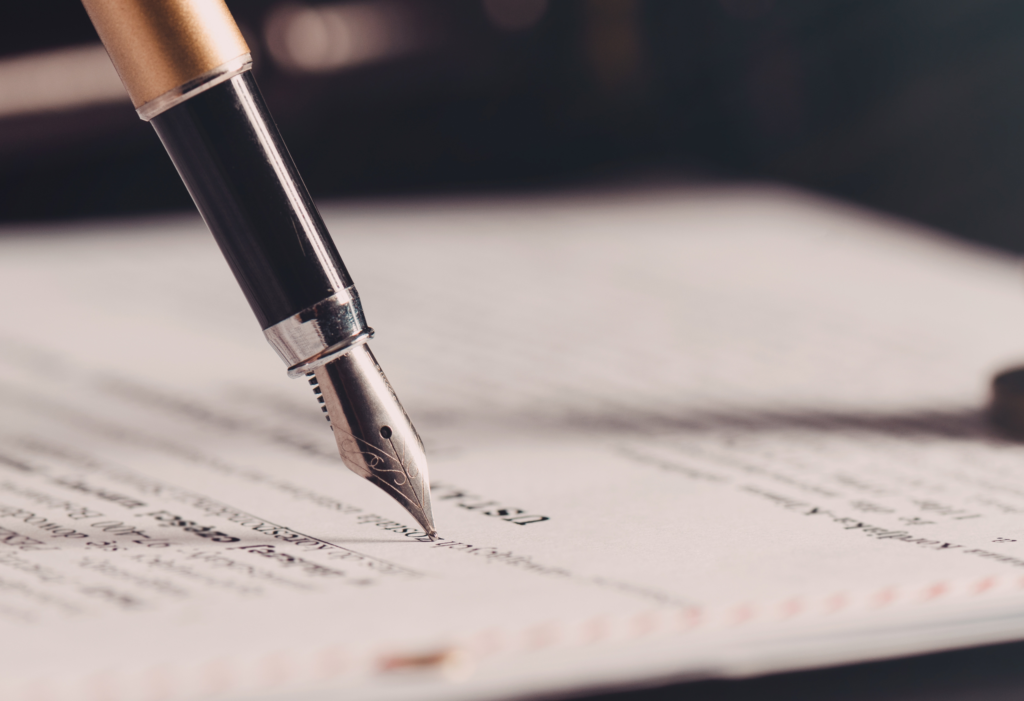Filing for bankruptcy is a major decision. It can have a huge impact on your finances, credit score, and future plans. But if you’re facing overwhelming debt and don’t know where to turn, bankruptcy may be the best option for you. Here is a step by step plan to get things started.
Determine if you qualify for Chapter 7 or Chapter 13 bankruptcy.
Bankruptcy is a process that can help you get out from under your debts. Depending on the type of bankruptcy you choose, it will either discharge (eliminate) or reorganize those debts.
A liquidation bankruptcy is called Chapter 7 and involves selling off assets in order to repay creditors as much as possible before any remaining funds go toward paying back taxes owed. A repayment plan is called Chapter 13, which allows debtors with steady income to pay off their unsecured debts over three to five years by making monthly payments through an approved trustee who distributes funds according to each creditor’s claim against the debtor.
If you have little or no equity in real estate holdings and other property, then liquidation may be your best option because there won’t be much left after paying off creditors’ claims against them.
Get your financial paperwork in order.
Get your financial paperwork in order. This includes bank statements, credit card statements, loan documents and income tax returns. If you are self-employed, get your business records in order. If you have retirement accounts or other assets, get those records as well.
Hire an attorney.
If you have a complex situation, such as multiple creditors and/or assets, an attorney, like the experts at Knezek Law, can help you get the best result. Our experts are experienced in both debt settlement and bankruptcy.
Fill out the necessary paperwork and forms to file.
When you file for bankruptcy, you will need to fill out a petition and schedules. The schedules are a list of your assets and liabilities; this helps the court determine how much money you owe creditors. The petition is a request for bankruptcy relief from your creditors, so that they cannot collect on debts after filing (unless there are exceptions). You’ll also need to fill out a credit counseling certificate showing that someone has approved your request before proceeding with the rest of the process.
Complete your public records search and waiting period, if applicable.
A public records search is a process in which you look through court documents to see if your name appears in any of them. You’ll need to complete this step before you can file for bankruptcy, and there are several reasons why it’s important:
It can help you avoid surprises during the bankruptcy process. If there are any judgments against you or liens on your property, they will appear on the public record and be revealed during the case evaluation process; if these issues aren’t addressed before filing, they could cause problems later on (for example, by preventing certain debts from being discharged).
It may prevent creditors from trying to collect payment after discharge has been granted–a practice known as “post-petition collection efforts.” If a creditor attempts to collect from someone after their discharge has been granted (and thus no longer has access or control over their funds), then that creditor faces penalties under federal law–including having their claim dismissed with prejudice (meaning permanently), being fined $1,000 per violation per day until such time as all violations have ceased entirely
Make arrangements for payments to be made to creditors on a regular basis (if applicable).
If you have a court-ordered payment schedule, make arrangements for payments to be made to creditors on a regular basis (if applicable). If you fail to do so, this may result in the filing of an enforcement action against your property or wages.
Filing for bankruptcy can be a difficult decision, but it can also be the best way to get your finances back on track. The most important thing is to understand what you’re getting into before filing so that you don’t waste time or money on something that doesn’t make sense for your situation. It is also important to hire an attorney so you can be sure that all of your paperwork is in order during every step of the process. If you have questions about whether or not filing for bankruptcy is right for you or how to go about doing so, contact the experts at Knezek Law.

